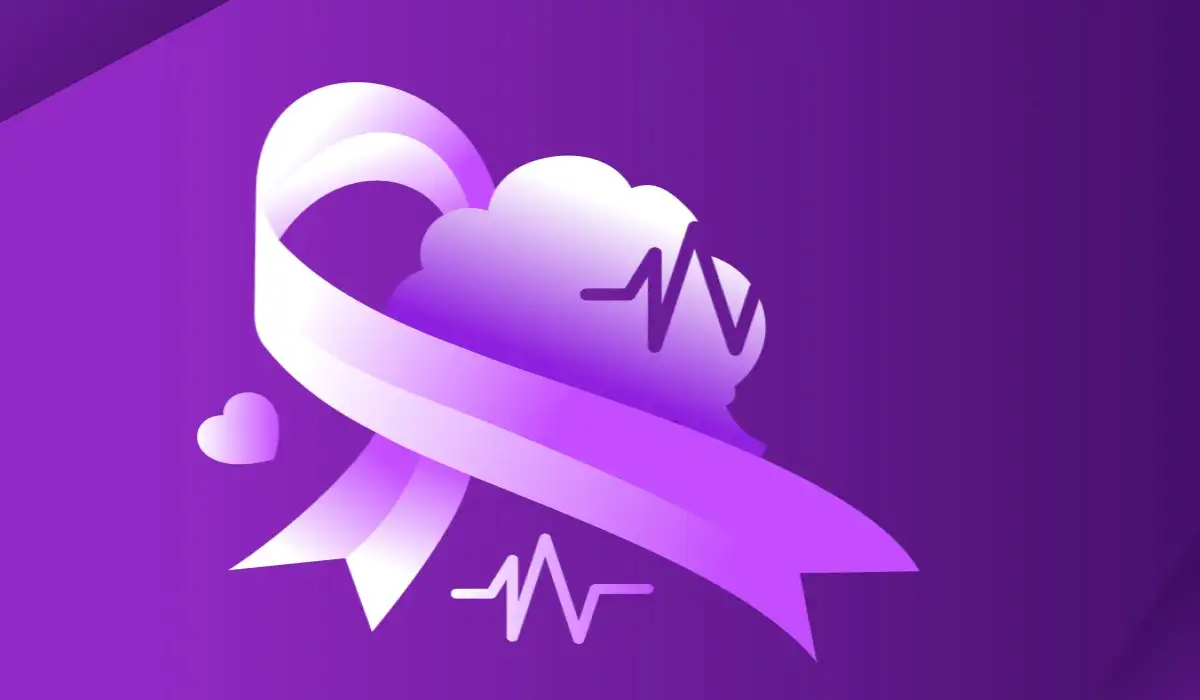The second Monday of every February is recognized worldwide as International Epilepsy Day. This annual event is dedicated to raising awareness surrounding epilepsy, a neurological disorder that results in frequent seizures. The day unites those affected by epilepsy, including patients, their families, caretakers, medical professionals, advocates and the broader public.
This day aims to not only increase understanding and dispel the stigma linked to epilepsy but also to highlight the need for continued research and enhanced funding. Ultimately, International Epilepsy Day underscores the real-life experiences of those living with epilepsy, prompting dialogues on available treatments, providing avenues for support, and fostering a sense of unity among affected individuals and their communities.
History of International Epilepsy Day
International Epilepsy Day is a globally recognized event that falls on the second Monday of February each year. The day serves as a platform to raise awareness about epilepsy, a neurological disorder that affects millions across the globe. It seeks to educate society, motivate those battling epilepsy and boost advancements in research related to the condition.
In 2015, the International Bureau for Epilepsy (IBE) along with the International League Against Epilepsy (ILAE) introduced this day. The aim was to bring nations together in a unified effort to spotlight the issues confronted by individuals suffering from epilepsy as well as their families.
To avoid coincidence with other regional or national epilepsy awareness days, the date of International Epilepsy Day was specifically chosen. This helps keep the spotlight on epilepsy throughout the year. Notable epilepsy-related organizations globally organize significant events and activities, including public meetings, online initiatives, educational sessions and media events, to mark the day.
Any given year, International Epilepsy Day revolves around a specific theme that depicts the multitude of challenges epilepsy patients face. The key objectives are to eliminate stigma, enhance diagnosis and treatment methods, and ultimately improve the lives of those dealing with epilepsy across the world.
International Epilepsy Day Timeline
Early Diagnosis of Epilepsy
The ancient Babylonians recognized epilepsy through observations and detailed the symptoms in a text known as 'Sakikku.'
Hippocrates on Epilepsy
Greek physician Hippocrates wrote the first book on epilepsy, debunking beliefs of the illness being a supernatural disorder.
Link between Brain and Epilepsy Established
John Jackson, a British neurologist, firmly establishes that epilepsy is caused by a disorder of the brain and can be of different types.
Epilepsy Treatment with Phenobarbital
Phenobarbital, one of the earliest treatments for epilepsy, was discovered by Alfred Hauptmann.
New Generation of Antiepileptic Drugs
Drugs like Carbamazepine and Valproate were discovered providing safer and more effective medication for epilepsy.
Genetic Epilepsies Identified
Major advances identified numerous genes associated with different types of epilepsy.
International Epilepsy Day
This observance promotes awareness of epilepsy and makes it a global health priority.
Ideas to Celebrate International Epilepsy Day
Purple Day Display
Set up an educational display about epilepsy in your school, office, or community center. This could include facts or personal stories about epilepsy. Make sure to wear purple to stand in solidarity with the epilepsy community worldwide.
Epilepsy Awareness Workshop
Lead a workshop or seminar on epilepsy awareness. Invite a medical professional to enlighten the participants about epilepsy by giving a presentation and answering their questions.
Pledge Fundraising
Start a pledge campaign and encourage donations to epilepsy research. This can be a small daily, weekly, or monthly pledge, and will contribute to advancements in understanding and treating epilepsy.
Social Media Campaign
Utilize your social media to amplify the awareness of epilepsy. Post information about epilepsy, share experiences of people with epilepsy, or create compelling visuals that help to debunk myths. Include common hashtags such as #EpilepsyDay to gain visibility.
Film Screening
Host a screening of a film or documentary that portrays epilepsy. The visual narrative can provide a deep and personal understanding of living with epilepsy.
7 Interesting Facts About Epilepsy
Ancient Epilepsy
Fascinatingly, our recognition of epilepsy dates back to antiquity, where practitioners in ancient Rome and Greece were familiar with its manifestations. They attributed it to possession by malevolent spirits or demonic entities. The term 'epilepsy' finds its origin in a Greek word meaning 'to seize or overrun.'
Not Just for Humans
Interestingly, humans are not the only beings susceptible to epilepsy. Various animals, including household pets like dogs and cats, can also develop this neurological disorder. There are even veterinarians who specialize in neurology to treat pets with seizure disorders.
Not Always Permanent
Epilepsy isn’t necessarily a lifelong condition. Many children with epilepsy may either outgrow the condition or manage it effectively with medication. Additionally, certain forms of epilepsy occur only during specific life stages.
Not One Disease
Epilepsy isn't just a single disease or ailment; it's a spectrum of related neurological disorders. While seizures are a common characteristic, the forms and severity of these seizures can greatly differ among individuals.
Link to Famous People
Some historical figures like Julius Caesar, Vincent Van Gogh, and Fyodor Dostoevsky are believed to have had epilepsy.
Trigger Factors
Seizures associated with epilepsy can be triggered by various factors like stress, sleep deprivation, and intense flashing lights. That said, many individuals living with epilepsy don't have specific identifiable triggers.
Not Contagious
Epilepsy isn't a contagious disease. It can’t be passed from one person to another through any form of contact.
International Epilepsy Day FAQs
Next International Epilepsy Day Dates
| Year | Date | Day |
|---|---|---|
| 2023 | February 13th | Monday |
| 2024 | February 12th | Monday |
| 2025 | February 10th | Monday |
| 2026 | February 9th | Monday |
| 2027 | February 8th | Monday |
| What is the pattern? | Second Monday of February | |
International Epilepsy Day Word Search
- Epilepsy
- Awareness
- Seizures
- Treatment
- Solidarity
- Medication
